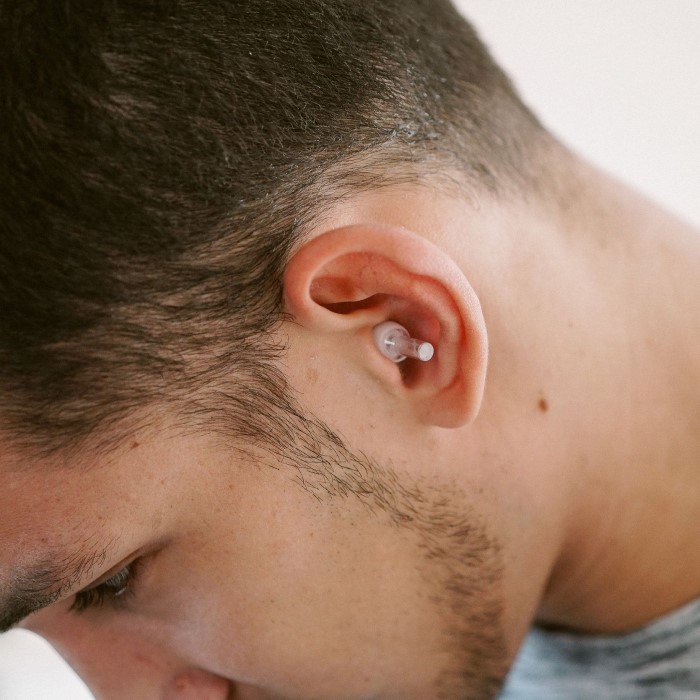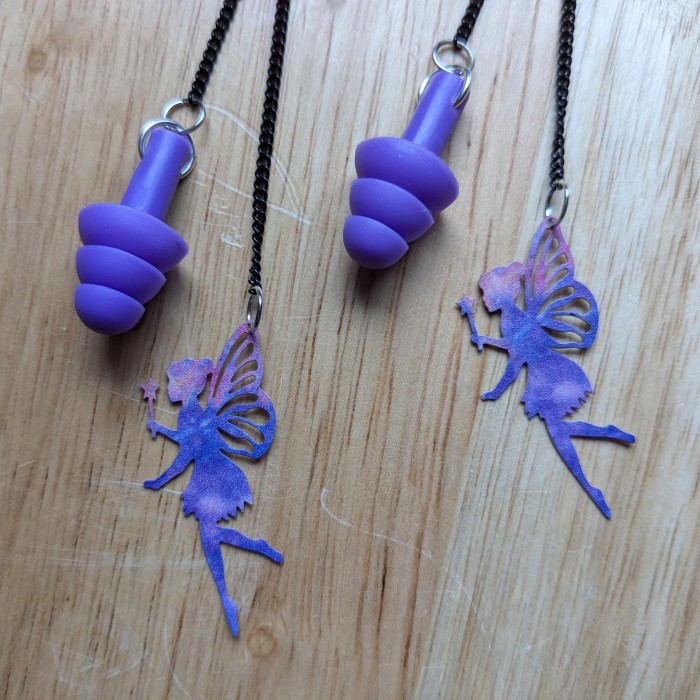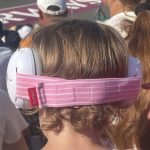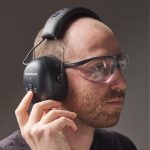Understanding Misophonia and Its Impact
Misophonia is a complex auditory condition characterized by extreme emotional responses to specific sounds. Individuals suffering from misophonia can experience intense irritation, anger, or anxiety triggered by commonplace noises, such as chewing, tapping, or even breathing. The responses can be so severe that they disrupt everyday life, making environments like offices, schools, or social gatherings overwhelming. For many affected, the inability to ignore these sounds creates a persistent sense of anxiety, impacting concentration, productivity, and overall mental well-being.
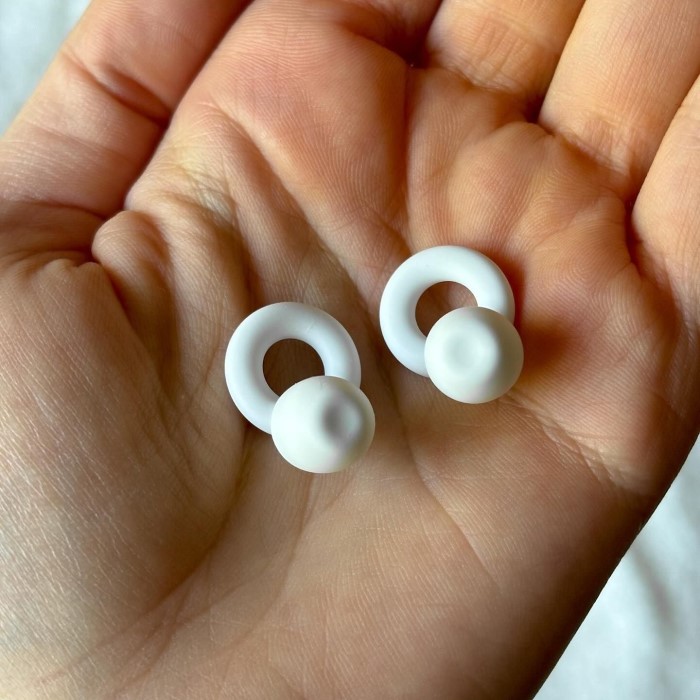
Living with misophonia often results in social isolation and frustration. The condition can lead to strained relationships as friends and family members may not fully understand the challenges faced by those who suffer from it. Consequently, finding effective coping strategies is crucial for maintaining a decent quality of life. Many individuals turn to various treatments and support mechanisms as they navigate their sensory sensitivities.
The Role of Misophonia Earplugs
One of the most accessible solutions for alleviating the distress caused by misophonia is the use of specialized earplugs. Misophonia earplugs are specifically designed to help users filter out problematic sounds while allowing other important sounds to remain audible. These earplugs provide a physical barrier between the individual and the external auditory stimuli that trigger discomfort, enabling users to focus on their tasks without overwhelming distractions. This functionality can be particularly beneficial in environments where certain noises are difficult to escape.
Moreover, these earplugs are not merely about blocking sound; they can also create a sense of calm and control. By using misophonia earplugs, many individuals report an increase in their ability to concentrate, whether studying for exams, completing work assignments, or simply enjoying quiet time at home. As a result, they not only improve focus but also enhance overall mental health by reducing the constant stress faced in daily life.
Types
In today’s market, there are numerous types of earplugs available for misophonia sufferers. Among the most common are disposable foam earplugs, which are affordable and easy to find. However, while they offer a significant reduction in sound, they may not be effective at filtering out specific triggering noises.
Conversely, more advanced noise-canceling earplugs come equipped with technology designed to selectively block certain frequencies that misophonia sufferers find distressing. These earplugs can be adjusted for different environments, providing users with customizable sound experiences. There are even earplugs that incorporate sound-masking technology, allowing individuals to listen to soothing white noise or nature sounds while blocking out unwanted stimuli.
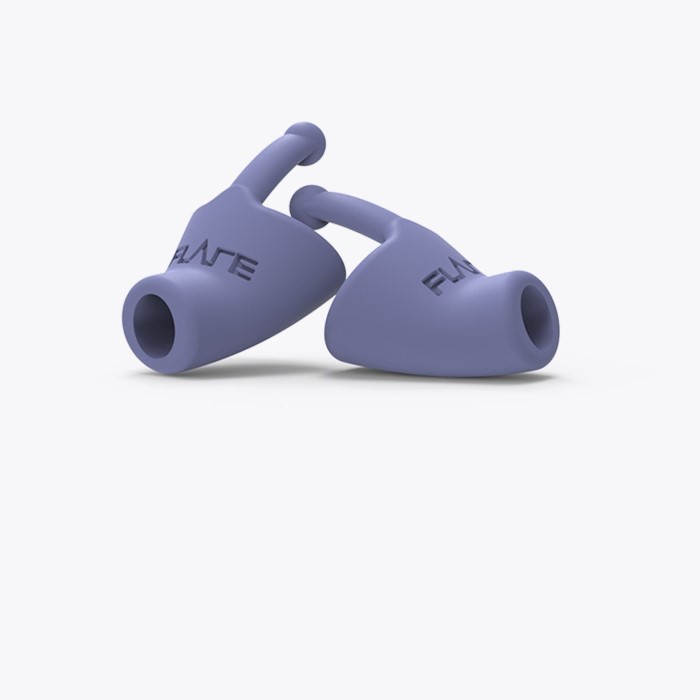
When considering which type of earplugs to purchase, it’s important for individuals to assess their specific sound sensitivities and preferences. Trying different types will help users identify what works best for their unique needs.
Tips for Selecting the Right Earplugs
Choosing the right misophonia earplugs can significantly impact their effectiveness. Here are several tips to consider:
- Comfort: Since earplugs are often worn for extended periods, ensuring they are comfortable is essential. Opt for earplugs made from soft, flexible materials to avoid fatigue and soreness.
- Level of Noise Reduction: Check the Noise Reduction Rating (NRR) of the earplugs. A higher NRR means greater noise-blocking efficiency, but it’s crucial to balance this with comfort and usability.
- Fit: Ensuring a proper fit can considerably enhance the effectiveness of earplugs. Custom-fitted options, while more expensive, may provide superior comfort and noise-blocking capabilities.
- Portability: Consider whether you need earplugs for specific situations or if you plan to use them frequently. Portable options may be more convenient for individuals on the go.
- Durability: If you plan on using earplugs regularly, investing in durable options may prove beneficial in the long run.
Exploring various brands, reading user reviews, and possibly consulting with audiologists or specialists can provide valuable insights into selecting the ideal pair.
The Benefits of Using Misophonia Earplugs
Using misophonia earplugs can lead to numerous benefits beyond just noise reduction. Here’s a closer look at how these earplugs can improve quality of life:
Improved Focus
- Minimized Auditory Distractions: One of the key benefits of wearing misophonia earplugs is the significant reduction of auditory distractions. Whether you’re working on a complex project, studying for an exam, or immersed in a creative hobby, these earplugs help create an environment that allows for better concentration.
- Enhanced Work Productivity: In professional settings, maintaining focus is crucial for completing tasks efficiently. By blocking out irritating noises, earplugs enable users to sustain their attention on the work at hand, leading to improved productivity and a higher quality of work output.
- Study Environment Optimization: For students, a quiet study environment is essential for effective learning. Misophonia earplugs help create an optimal atmosphere that fosters concentration, which can enhance information retention and comprehension during study sessions.
- Supporting Hobbies: Many hobbies require deep focus, whether it’s painting, writing, coding, or crafting. Wearing earplugs can help enthusiasts engage fully in their activities without the frustration of distracting sounds.
Enhanced Comfort in Social Settings
- Reduced Noise Anxiety: Social gatherings can often be overwhelming for individuals with misophonia due to the presence of loud conversations, clinking glasses, and background music. By wearing earplugs, users can significantly reduce these stressors, making it easier to engage with others.
- Facilitating Participation: With the noise level diminished, socializing becomes more enjoyable and less daunting. Earplugs enable individuals to participate in events without feeling overwhelmed, allowing them to maintain connections with friends and family.
- Creating a Safe Space: Earplugs help create a personal comfort zone in bustling environments. This allows individuals to feel more at ease in crowded settings, enabling them to focus on meaningful interactions rather than getting lost in the noise.
Reduced Stress and Anxiety
- Managing Auditory Stress: Constant exposure to triggering sounds can lead to heightened stress and anxiety levels in individuals with misophonia. The use of earplugs offers a vital respite from these auditory stressors, allowing for a greater sense of control and calm.
- Promoting Relaxation: By blocking out bothersome noises, users can experience a more tranquil environment. This peace promotes relaxation, which is essential for mental well-being, especially after a long day filled with stressful stimuli.
- Mental Clarity: Reduced auditory stress leads to increased mental clarity. Individuals can better manage their thoughts and emotions, contributing to an overall sense of well-being. This improvement can enhance daily life experiences and interactions.
Better Sleep
- Improved Sleep Hygiene: For many, misophonia can significantly disrupt sleep quality. By using earplugs while resting, individuals can block out disruptive sounds, such as snoring, traffic noise, or other household disturbances. This creates a more conducive sleeping environment.
- Restorative Sleep Benefits: Quality sleep is fundamental to overall health. With fewer interruptions, individuals can experience deeper, more restorative sleep cycles, positively impacting their mood, energy levels, and cognitive function during the day.
- Establishing Sleep Routines: Wearing earplugs can help individuals develop consistent sleep routines. As users find it easier to drift off to sleep without noise disturbances, they may establish a more balanced sleep schedule, leading to better long-term health outcomes.
Increased Independence
- Empowering Personal Freedom: Effectively managing misophonia symptoms through earplugs allows individuals to regain a sense of control over their lives. They can engage in everyday activities and venture out into public spaces with greater confidence.
- Less Fear of Triggers: The fear of encountering overwhelming auditory triggers can be debilitating. With earplugs, individuals can explore new environments—like restaurants, theaters, and social gatherings—without excessive worry about how noise will affect them.
- Encouraging Exploration: This newfound independence promotes a sense of normalcy and encourages individuals to take part in activities they may have previously avoided. It opens doors to social engagement, travel, and experiences that enhance overall life satisfaction.
Despite these benefits, it’s important to remember that earplugs might not be a one-size-fits-all solution. While they offer significant relief for many, some may need to explore additional coping strategies like therapy or sound conditioning for comprehensive management of their condition.
Do Earplugs Work for Misophonia?
Many individuals wonder if earplugs are an effective solution for misophonia. Generally, the answer is yes, especially when a suitable pair is chosen based on individual sensitivities. Earplugs can significantly reduce the sound of triggers, which reduces the emotional response that these sounds create. However, it’s important to note that individual experiences may vary.
While earplugs work well for many, some people may find they need to combine them with other coping strategies for optimal results. This could include therapy, mindfulness techniques, or other sound management tools.
What is the Best Thing for Misophonia?
The “best” solution for managing misophonia varies from person to person. Some individuals find that cognitive behavioral therapy (CBT) effectively alters their responses to triggers. Others benefit from sound therapy, exposing themselves gradually to the sounds that bother them.
In addition, combining these methods with the use of misophonia earplugs can be particularly effective. Overall, the best approach often involves trial and error, as individuals discover what works for their unique situations. Consulting with a healthcare professional specializing in sensory sensitivities can also provide guidance on personalized treatment options.
Effective Devices for Managing Misophonia
Alongside earplugs, there are several devices that can aid in managing misophonia effectively. White noise machines are popular among individuals seeking ambient sound to mask triggering noises. Many mobile applications also offer a variety of sound options, from nature sounds to gentle instrumental music.
Sound-canceling headphones are another excellent option for those looking to mitigate sound disturbances. These devices are especially beneficial in public spaces, allowing users to create their own sound environment. Combined with earplugs, these devices can provide comprehensive help in managing sound sensitivity.
What is the Best Noise Cancelling for Misophonia?
Selecting the best noise-canceling device for misophonia can significantly impact effectiveness. Active noise-canceling headphones are highly effective as they reduce the volume of persistent background noise. Some models even allow users to adjust settings, balancing sound cancellation with awareness of the surroundings.
Investing time in reviewing options and consulting recommendations can help guide choices, ensuring individuals find the most suitable device for their needs. User experiences often vary, so exploring multiple options might be necessary to find what works best for you.
Conclusion
In conclusion, misophonia earplugs are a practical and effective tool for managing sound sensitivity and enhancing focus in everyday life. By providing a barrier against distressing sounds, these earplugs greatly improve the ability to concentrate and engage in activities without being overwhelmed. While they may not work for everyone, many individuals find significant relief and empowerment in using them.
The journey of managing misophonia and its effects varies widely. Some may rely solely on earplugs, while others explore a combination of therapies and strategies to find the ultimate balance. By seeking suitable solutions and learning how to navigate their environment, individuals can reclaim control and improve their quality of life. Through understanding and support, those living with misophonia can find their peace.

